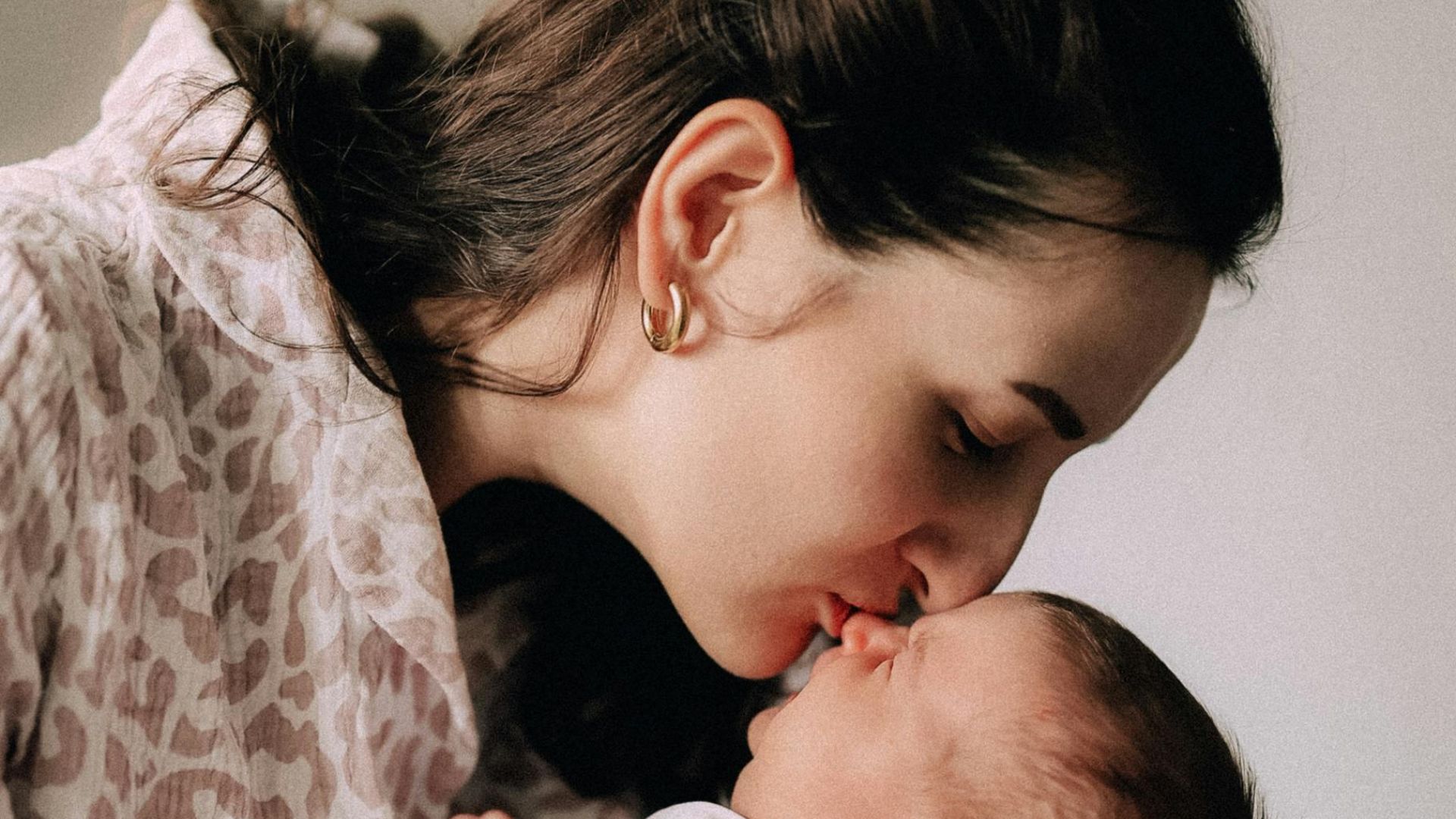Stop Giving Unsolicited Relationship Advice to Your Kids
As our kids get older and start dating and having romantic relationships, it's hard for parents to step back and let them do their thing. We tend to meddle, ask too many questions, or get too emotionally involved, which can cause problems. Here are 20 signs you're too involved in your kids' love life.
1. You Ask About Their Partner Daily
Your adult children don't need you asking about their love life every day. This is a sign of overinvolvement. It's good to show some interest, but daily inquiries will put pressure on your kid and cross the line into intrusive. A great tactic is to wait for your kid to come to you with updates on their partner.
2. You Try to Choose Who They Date
If you often suggest romantic options for your kid or discourage them from pursuing certain people, you're crossing a boundary, and it will backfire. Your kid deserves the freedom to choose their own partner and learn from their own romantic mistakes and choices.
3. You Monitor Their Social Media
Scrolling through their partner's posts or monitoring their online interactions is distrustful and kind of weird. You need to live your life and let your kids live their own without your oversight. This prevents your kid from enjoying some privacy in their life and relationships.
4. You Give Unsolicited Relationship Advice
It's natural and perfectly fine to give some guidance to your kids. That said, if you're regularly advising without prompting, you might be trying to insert yourself into their love life.
5. You Are Emotionally Affected by Their Breakups
Most parents feel bad for their kid after they get their heart broken, but it shouldn't ruin their week. This means you're carrying emotional weight that belongs to your kid, and not you. This is a clear sign that you need to step back and take a breather.
6. You Meddle After Disagreements
You might feel tempted to reach out to your kid's partner after a disagreement. This is always inappropriate behavior, and it removes your child's agency. You could harm your kid's relationship with both their partner and yourself.
7. You Expect to Be Kept Updated
Since you are not part of your kid's relationship, you are not entitled to daily, weekly, or monthly updates. If you demand constant updates, it suggests that you see yourself as part of the relationship and are treating it as some kind of shared project.
8. You Invite Their Partner Without Asking
You are too involved and invested in your kid's love life if you're inviting their partner to family events without permission. This tells your kid that you don't care about their wants and boundaries, and will lead to awkward situations.
9. You Overanalyze Their Partner's Behavior
If you often dissect every gesture and message from your partner, you're trying to involve yourself in dynamics that have nothing to do with you. This should only happen if your kid comes to you for insight, so wait for it to happen.
10. You Compare Partners
Don't tell your kid that you prefer their ex over their current partner. Even commenting on how one seems nicer or friendlier than the other is crossing the line. Your kid's relationships should be free from your judgment unless your goal is to be overbearing.
11. You Use Guit to Influence Decisions
Trying to position your overinvolvement in your kid's romantic life as your desire not to see them get hurt or you just want the best for them is manipulative. This is a classic guilt trip, and it should be avoided.
 Caroline Hernandez on Unsplash
Caroline Hernandez on Unsplash
12. You Stalk or Research Their Partner
Monitoring your kid's partner is stalker behavior, even if your intentions are good. It conveys distrust, and you're telling your kid that they are a poor judge of character.
13. You Expect to Be a Confidant
You can't expect to know all your kids' relationship details unless you want to admit you're a meddler. You aren't your kids' best friend, you're their parent.
14. You Like to Play Matchmaker
Only the most overbearing parents are constantly trying to set their kids up on dates. For all you know, your kid wants to be single, so leave it alone.
15. You Judge Their Relationship Timelines
Questioning when your kid will move in with a partner, get engaged, or even just play the field implies that you want them to commit to your timeline, and not their own.
16. You Treat Their Partner Like Family Too Soon
It's a big no-no to integrate your kid's partner too soon into your family. It puts pressure on your kid, and it might create complications for their partner.
17. You Gossip About Their Relationship
Discussing your child's love life with your friends and family violates trust, and it's also the easiest way to get them to stop telling you things. If your kid tells you something, keep it to yourself.
18. You Criticize Their Dating Choices
Try not to shame your child for their romantic choices or how they manage their love life. This will most likely lead to secrecy in the future.
19. You Act as a Fixer
It's not your job to fix your kid's relationships or inability to find love. It's your job to sit back and wait until you are asked for help, even if that sounds like the hardest thing in the world.
20. You Feel Rejected by Their Independence
Your kid's independence doesn't mean they don't want you in their life. It means you did a good job in raising them to be self-sufficient and capable. Don't take it personally.



























